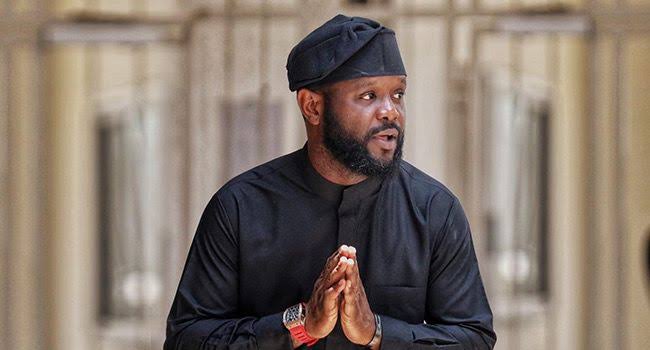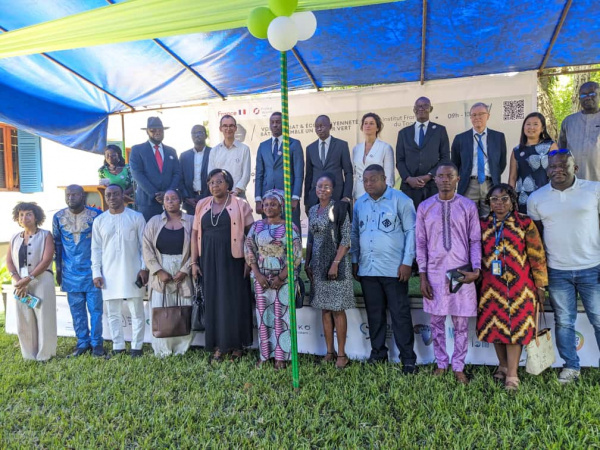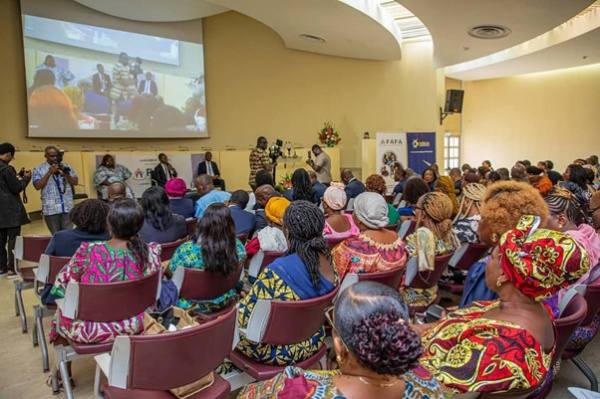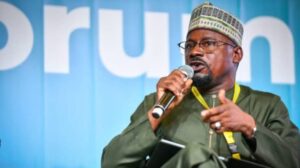Seyi Tinubu, son of Nigerian President Bola Ahmed Tinubu, has entered the fray of internal political tensions within the Lagos State chapter of the All Progressives Congress (APC), the ruling party in Nigeria. His recent participation in a high-level, closed-door meeting focused on addressing growing factionalism has ignited fresh discussions about the future of the party in Lagos State and Seyi Tinubu’s potential role in Nigerian politics.
The meeting brought together key figures within the Lagos APC, including members of the Governor’s Advisory Council (GAC), local party leaders, and other stakeholders. The primary objective was to address escalating concerns over internal divisions that threaten the party’s unity in Lagos State, a key political and economic hub in Nigeria.
See more: US Revokes South Sudan Visas
Sources indicate that Seyi Tinubu voiced strong concerns about the deepening rifts among party members, particularly those aligned with factions supporting either the current Lagos State Governor, Babajide Sanwo-Olu, or the Speaker of the Lagos State House of Assembly, Mudashiru Obasa. These divisions reportedly revolve around succession plans, political appointments, and leadership loyalty in the lead-up to the 2027 elections.
Seyi Tinubu reportedly characterized these internal conflicts as “counterproductive” and “damaging to the party’s image and mission,” urging party members to prioritize unity and long-term cohesion over short-term political gains. His message resonated with many attendees, particularly younger stakeholders who view the ongoing tensions as a distraction from effective governance and grassroots development.
While Seyi Tinubu currently holds no official political office, his involvement in this sensitive party matter has fueled speculation about his potential future ambitions. His intervention is being interpreted by some political analysts as a strategic move to position himself as a unifying figure within the APC, appealing to a broad base of party loyalists concerned about the internal divisions.
The situation in Lagos State highlights a common challenge faced by political parties in many democracies: managing internal power struggles and maintaining unity in the face of competing interests. Seyi Tinubu’s emergence as a voice for reconciliation within the Lagos APC could signal a shift towards a more unified and strategic approach, particularly as the party prepares for the upcoming political cycle in 2027. His influence may prove instrumental in shaping the internal dynamics of the APC and its ability to maintain its dominance in Lagos State, a crucial bellwether for Nigerian politics.









